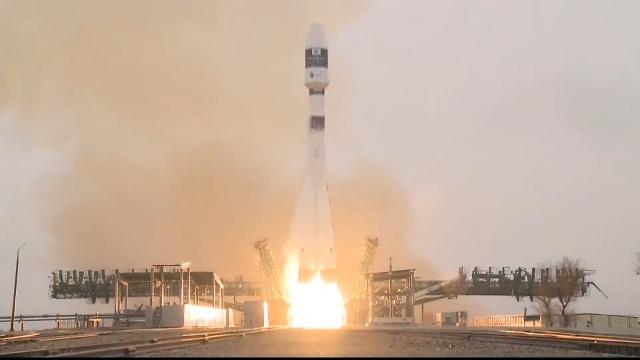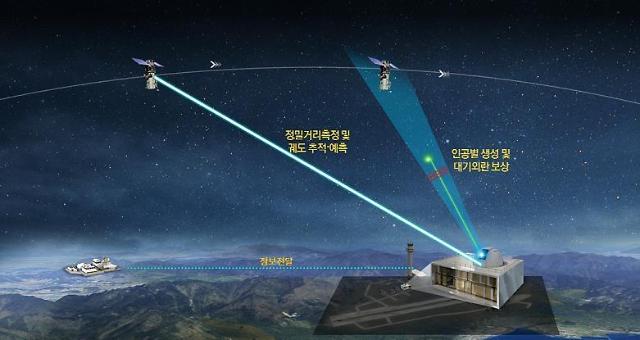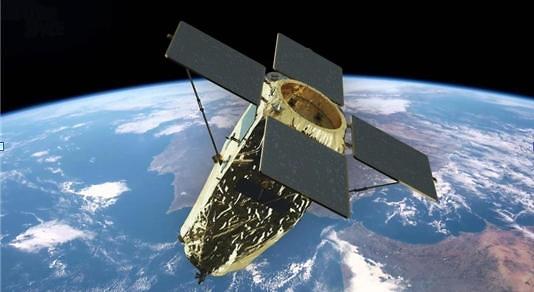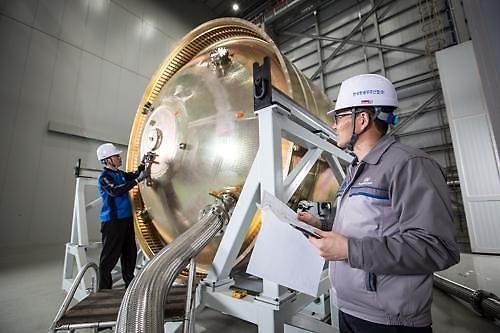
[Yonhap News Photo]
SEOUL -- South Korea's next-generation midsized observation satellite successfully entered its target orbit and made its first contact with a base station on Monday, the science ministry said, marking the country's latest step to boost its space industry.
The 540-kilogram satellite made contact with the Svalbard Satellite Station in Norway around 100 minutes after its launch on Russia's Soyuz-2.1a rocket from the Baikonur Cosmodrome in Kazakhstan at around 11:07 a.m. (local time), according to the Ministry of Science and ICT.
Researchers at the Korea Aerospace Research Institute (KARI) confirmed that the satellite's system was operational and that it reached its initial target orbit of between 484 kilometers and 508 kilometers above Earth, the ministry said. The observation satellite was originally scheduled to take off last Saturday, but an error in the Russian rocket's electrical ground support equipment pushed back the launch to Monday.'
Equipped with an imaging sensor system developed by South Korean researchers, the satellite will conduct a four-year observation mission at 497.8 kilometers above the Earth's surface. It is scheduled to provide precise observation videos of the Earth starting in October after a six-month trial run.
Copyright ⓒ Aju Press All rights reserved.




View more comments